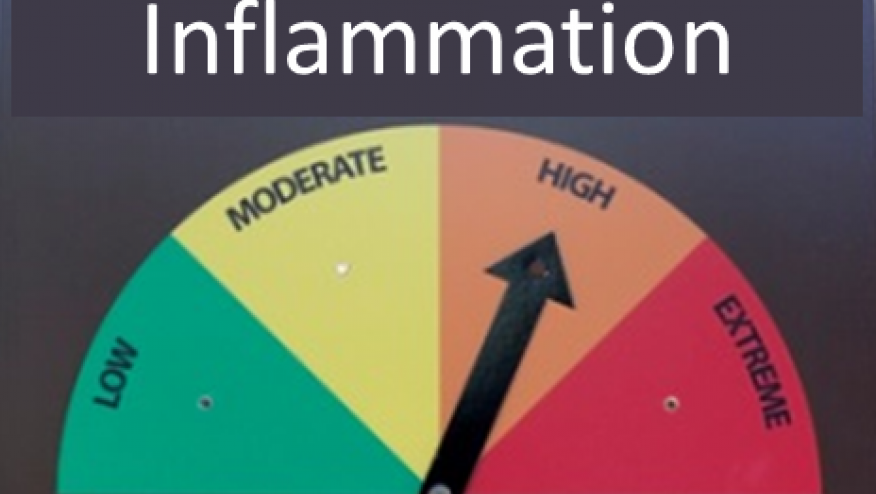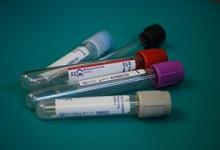Cardiology Anti-inflammatory Trial Fails to Improve CV Outcomes Save

Researchers at Brigham and Women's Hospital, Boston evaluated the efficacy and safety of the anti-inflammatory drug losmapimod on cardiovascular outcomes given to patients with a history of myocardial infarction and CV risk factors.
Patients were randomized to receive losmapimod, a selective inhibitor of p38 MAP kinase, twice-daily (n = 1,738) or placebo (n = 1,765) for 12 weeks and were then followed up for an additional 12 weeks.
The primary end point (cardiovascular death, MI, or severe recurrent ischemia requiring urgent coronary revascularization) was seen in 123 placebo patients (7.0%) and 139 patients treated with losmapimod (8.1%; P = .24).
The on-treatment rates of serious adverse events were 16 percent with losmapimod and 14.2 percent with placebo. This exploratory study did not justify proceeding to a larger trial to test this same intervention.
This trial may have failed because of its size, duration or intervention not being potent enough. p38 MAPK inhibitors were once developed for rheumatoid arthritis but abandoned due to safety concerns and limited proven efficacy.
Although there are several trials in progress utilizing anti-inflammatory therapies (e.g., methotrexate, anakinra) in high-risk CV populations, this study swings against the evidence that inflammation may contribute to or worsen cardiovascular outcomes.
The study authors write:
"In this trial, losmapimod did not reduce the risk of recurrent major adverse cardiovascular events through 12 weeks of treatment in patients hospitalized with acute MI. Furthermore, there was no evidence that losmapimod reduced the incidence of any secondary outcomes including all-cause mortality. Therefore, our findings do not support a strategy of p38 MAPK inhibition with losmapimod in patients hospitalized with MI."
"Because inflammation is believed to play a key role in atherogenesis, there remains intense interest to identify an anti-inflammatory therapeutic that will reduce the risk of cardiovascular events. However, because inflammation acts along multiple redundant and interconnected pathways, the identification of an appropriate target may be difficult, and it is challenging to predict clinical efficacy prior to phase 3 testing."










If you are a health practitioner, you may Login/Register to comment.
Due to the nature of these comment forums, only health practitioners are allowed to comment at this time.